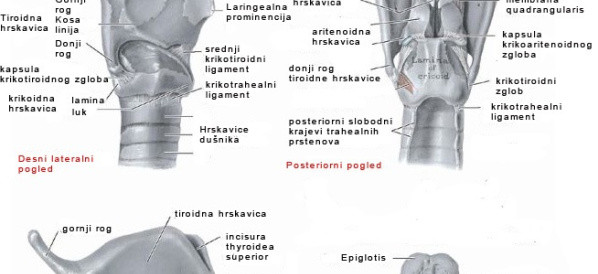 9 用語
9 用語ホーム > 用語 > 中南米スペイン語 (XL) > contraste conductual
contraste conductual
1) Contrast refers to a negative association between the response rates on the two components of a multiple schedule-as one goes up the other goes down. There are two forms of contrast, positive and negative. Positive contrast occurs when rate of response in an unchanged component of a multiple schedule increases with a decline in behavior in the other schedule. Negative contrast is defined when rate of response declines on the unaltered schedule and an increase in behavior occurs in the other component of the multiple.
2) If behavior has been maintained in two (or more) contexts, and a procedure that decreases behavior (e.g., DRO, extinction, or punishment) is introduced into one of these contexts, the behavior may increase in the other, despite no other change in contingencies. This increase is called positive behavioral contrast. Behavioral contrast also has been observed when the schedule of reinforcement has been increased in one situation while remaining constant in the other. In this case performance may decrease in the constant situation producing a negative behavioral contrast.
3) There is no definition currently available.
4) The tendency for changes in behavior outside the training environment to be the opposite of the changes produced in the training environment. (Compare stimulus generalization.)
メンバーのコメント
ニュース関連の用語
ピックアップされた用語
laringe
The larynx (plural larynges), commonly called the voice box, is an organ in the neck of mammals involved in protecting the trachea and sound ...
ピックアップされたグロッサリ
Browers Terms By Category
- 医薬(68317)
- 癌治療(5553)
- 疾病(4078)
- Genetic disorders(1982)
- Managed care(1521)
- 検眼(1202)




